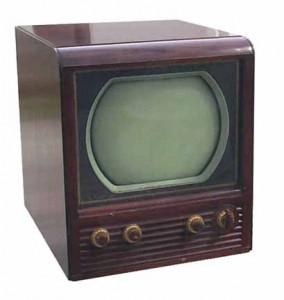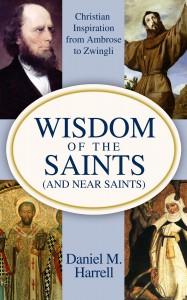 David Brooks’ New York Times column this week on same-sex marriage, entitled Freedom Loses One, could just as well been titled In Praise of Limits. His basic thrust was how the marriage severely limits freedom (if you define freedom as doing whatever you please). In America we have more at liberty than ever, as social mores and religious constraints have lost their cohesion and power. It is this liberty that has allowed homosexuality to grow in acceptance with society at large. It is ironic, therefore, that marriage equality would become so important an issue since it marriage represents a restriction of liberty.
David Brooks’ New York Times column this week on same-sex marriage, entitled Freedom Loses One, could just as well been titled In Praise of Limits. His basic thrust was how the marriage severely limits freedom (if you define freedom as doing whatever you please). In America we have more at liberty than ever, as social mores and religious constraints have lost their cohesion and power. It is this liberty that has allowed homosexuality to grow in acceptance with society at large. It is ironic, therefore, that marriage equality would become so important an issue since it marriage represents a restriction of liberty.
Last week saw a setback for the forces of maximum freedom. A representative of millions of gays and lesbians went to the Supreme Court and asked the court to help put limits on their own freedom of choice. They asked for marriage. Marriage is one of those institutions — along with religion and military service — that restricts freedom. Marriage is about making a commitment that binds you for decades to come. It narrows your options on how you will spend your time, money and attention.
Limits may be a good thing. One of the commenters to Brooks’ column drew an analogy to television. “Television seemed better when we had 5 choices, not 500.” The analogy applies beyond the category of same-sex marriage to the power of limits at large. Take growing older. Having settled into my 50s, I am intimately aware of the loss of options I enjoyed in my younger days. Physically, of course, I am not as strong or as nimble as I was–nor do I expect to be–despite the barrage of Viagra and Cialis commercials. Nor do I have the kinds of opportunities vocationally speaking I may have once had. There was a day when I could contemplate an easy change of career with a lateral move in regard to salary or lifestyle. Now, starting fresh would represent a serious sacrifice that I’m unwilling to afford.
I’m stuck being a pastor instead of the movie director I once dreamed I’d be. But there’s some solace in this. I can focus on my calling without being distracted but what I am not. I can only be who I am now.
We spend our later years making peace with the decisions we made in our youth when we were ill-equipped to make them. But maybe that’s a good thing too. If we possessed the wisdom and experience of age in our youth, chances are we would never choose one path or another given all that we’ve learned about the restrictions of limits. We wouldn’t choose to do anything.











